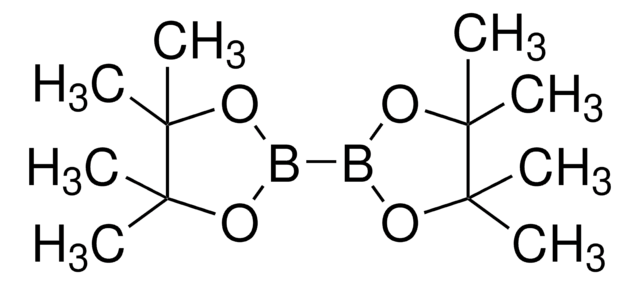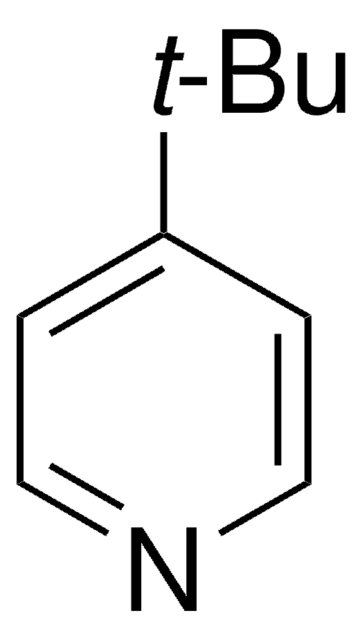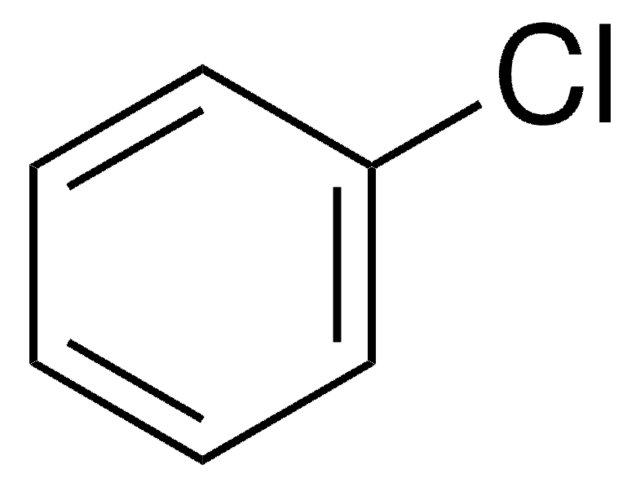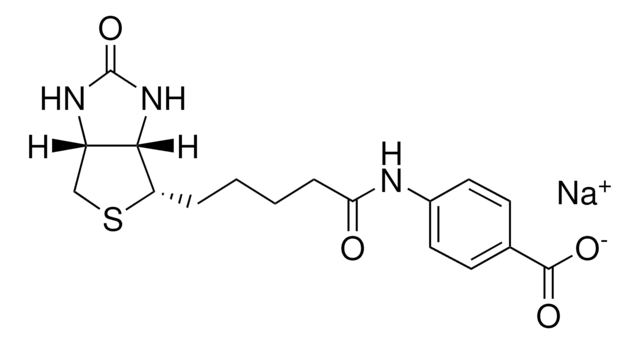791733
Potassium acetate
anhydrous, free-flowing, Redi-Dri™, ACS reagent, ≥99.0%
About This Item
Productos recomendados
grade
ACS reagent
anhydrous
Quality Level
vapor pressure
<0.0000001 hPa ( 25 °C)
product line
Redi-Dri™
assay
≥99.0%
form
powder
quality
free-flowing
impurities
≤0.005% insolubles
pH
6.5-9.0 (25 °C, 5%)
density
1.57 g/cm3 at 25 °C (lit.)
anion traces
chloride (Cl-): ≤0.003%
phosphate (PO43-): ≤0.001%
sulfate (SO42-): ≤0.002%
cation traces
Ca: ≤0.005%
Fe: ≤5 ppm
Mg: ≤0.002%
Na: ≤0.03%
heavy metals: ≤5 ppm (by ICP-OES)
SMILES string
[K+].CC([O-])=O
InChI
1S/C2H4O2.K/c1-2(3)4;/h1H3,(H,3,4);/q;+1/p-1
InChI key
SCVFZCLFOSHCOH-UHFFFAOYSA-M
¿Está buscando productos similares? Visita Guía de comparación de productos
Categorías relacionadas
General description
Application
Features and Benefits
- Increased efficiency – Eliminates time and effort of loosening hardened powders
- Safety – Eliminates tools of force used to break up clumps
- Ecology – Reduces waste as it does not stick to the packaging
- Economy – Faster preparation and solvation increase productivity and reduce costs
- Assured Quality – Excellent, expert-tested quality with no anti-caking agents
- Flexible volumes – Available from research amounts to scale-up quantities
Legal Information
Storage Class
13 - Non Combustible Solids
wgk_germany
WGK 1
flash_point_f
Not applicable
flash_point_c
Not applicable
Certificados de análisis (COA)
Busque Certificados de análisis (COA) introduciendo el número de lote del producto. Los números de lote se encuentran en la etiqueta del producto después de las palabras «Lot» o «Batch»
¿Ya tiene este producto?
Encuentre la documentación para los productos que ha comprado recientemente en la Biblioteca de documentos.
Los clientes también vieron
Nuestro equipo de científicos tiene experiencia en todas las áreas de investigación: Ciencias de la vida, Ciencia de los materiales, Síntesis química, Cromatografía, Analítica y muchas otras.
Póngase en contacto con el Servicio técnico





![[1,1′-Bis(diphenylphosphino)ferrocene]dichloropalladium(II)](/deepweb/assets/sigmaaldrich/product/structures/130/734/8846aa26-1858-458a-998d-8c306c13bf0f/640/8846aa26-1858-458a-998d-8c306c13bf0f.png)



![[1,1′-bis(difenilfosfino)ferroceno]dicloropaladio(II), complejo con diclorometano](/deepweb/assets/sigmaaldrich/product/structures/825/986/4317978b-1256-4c82-ab74-6a6a3ef948b1/640/4317978b-1256-4c82-ab74-6a6a3ef948b1.png)